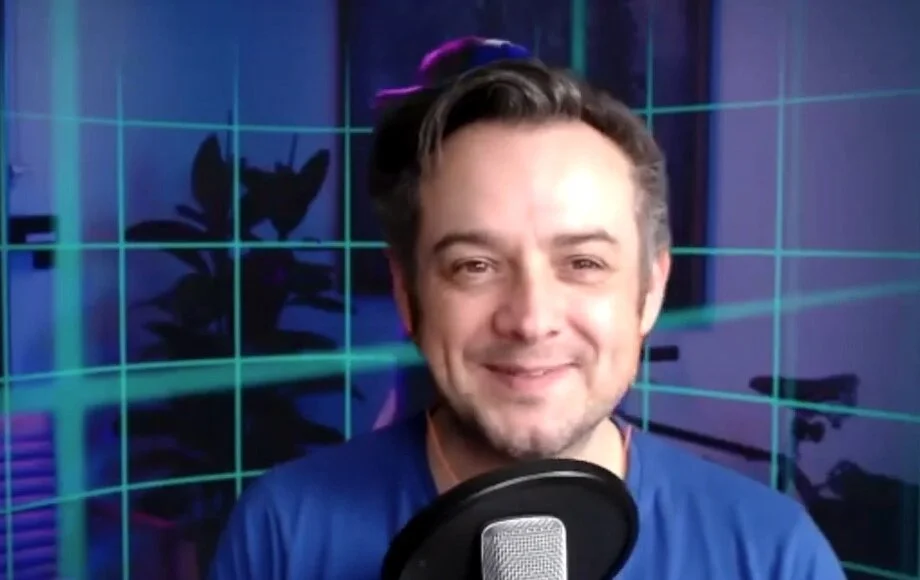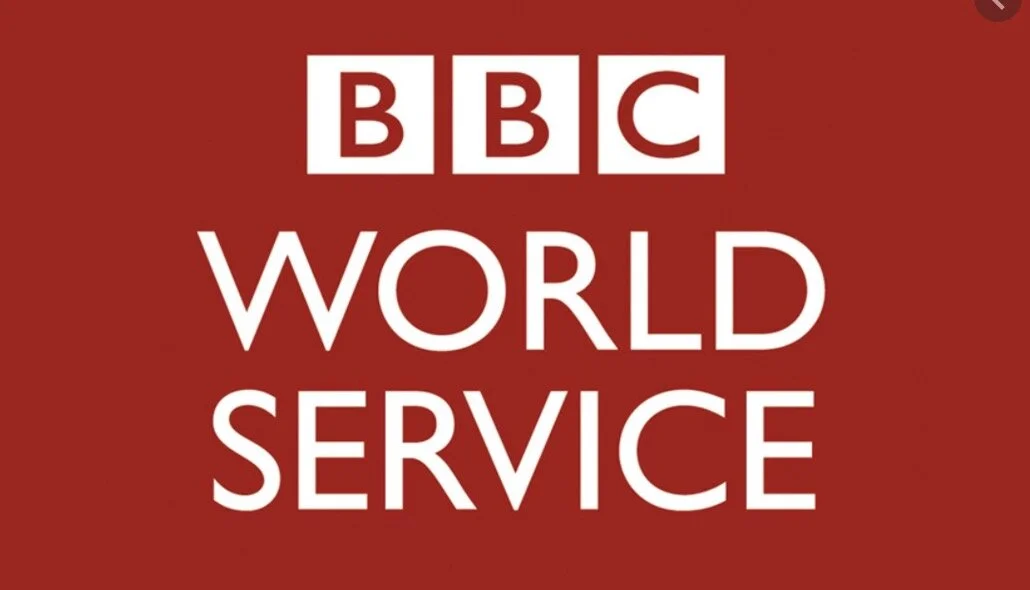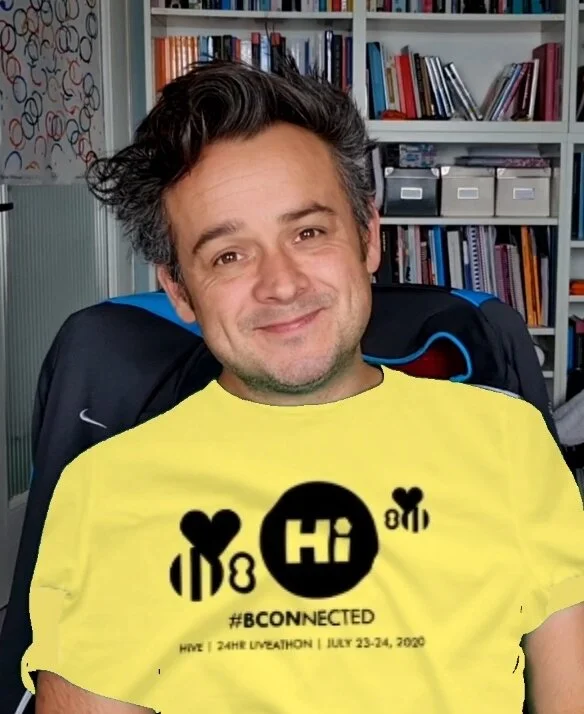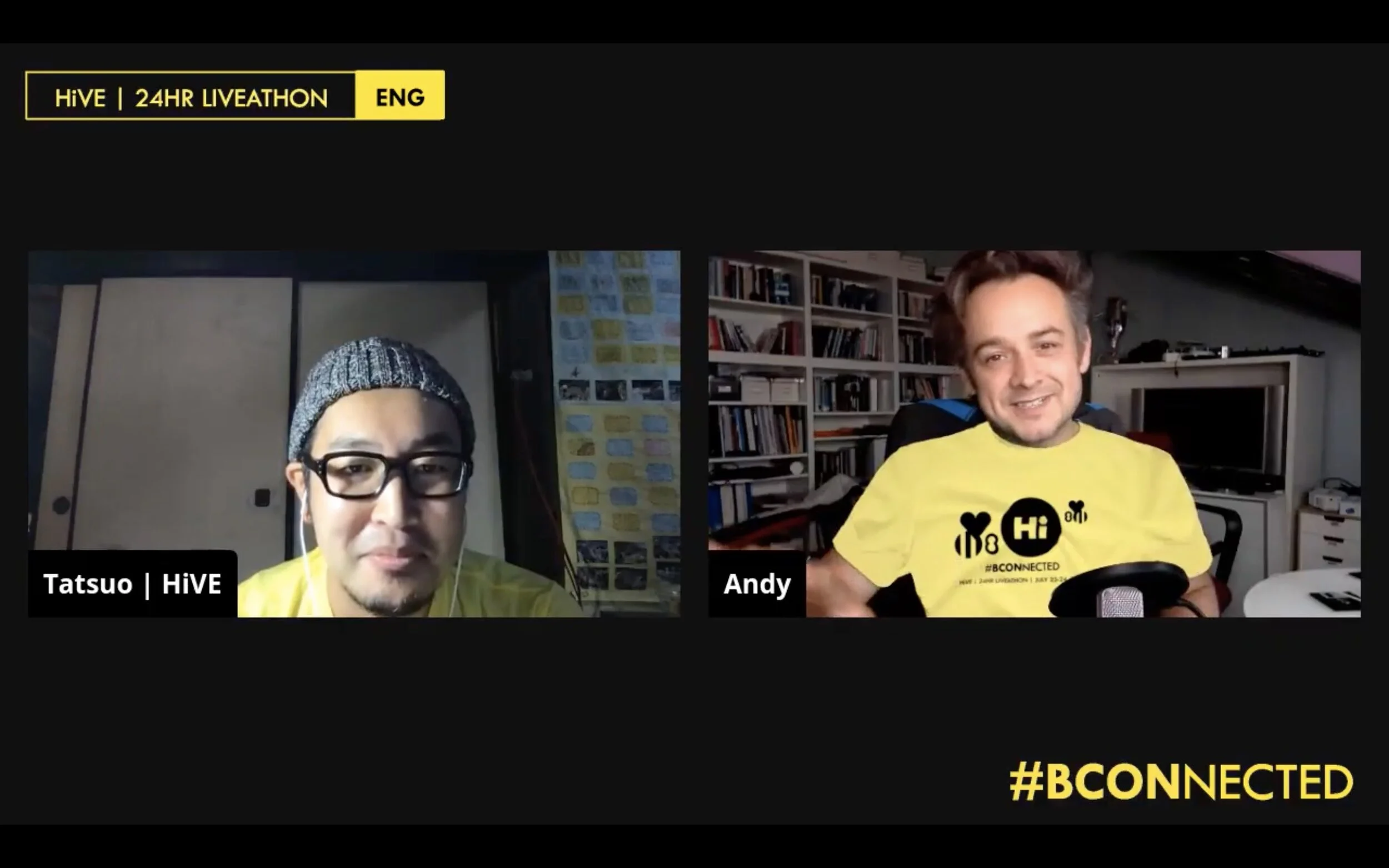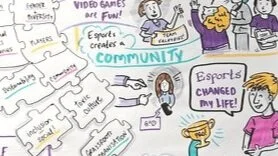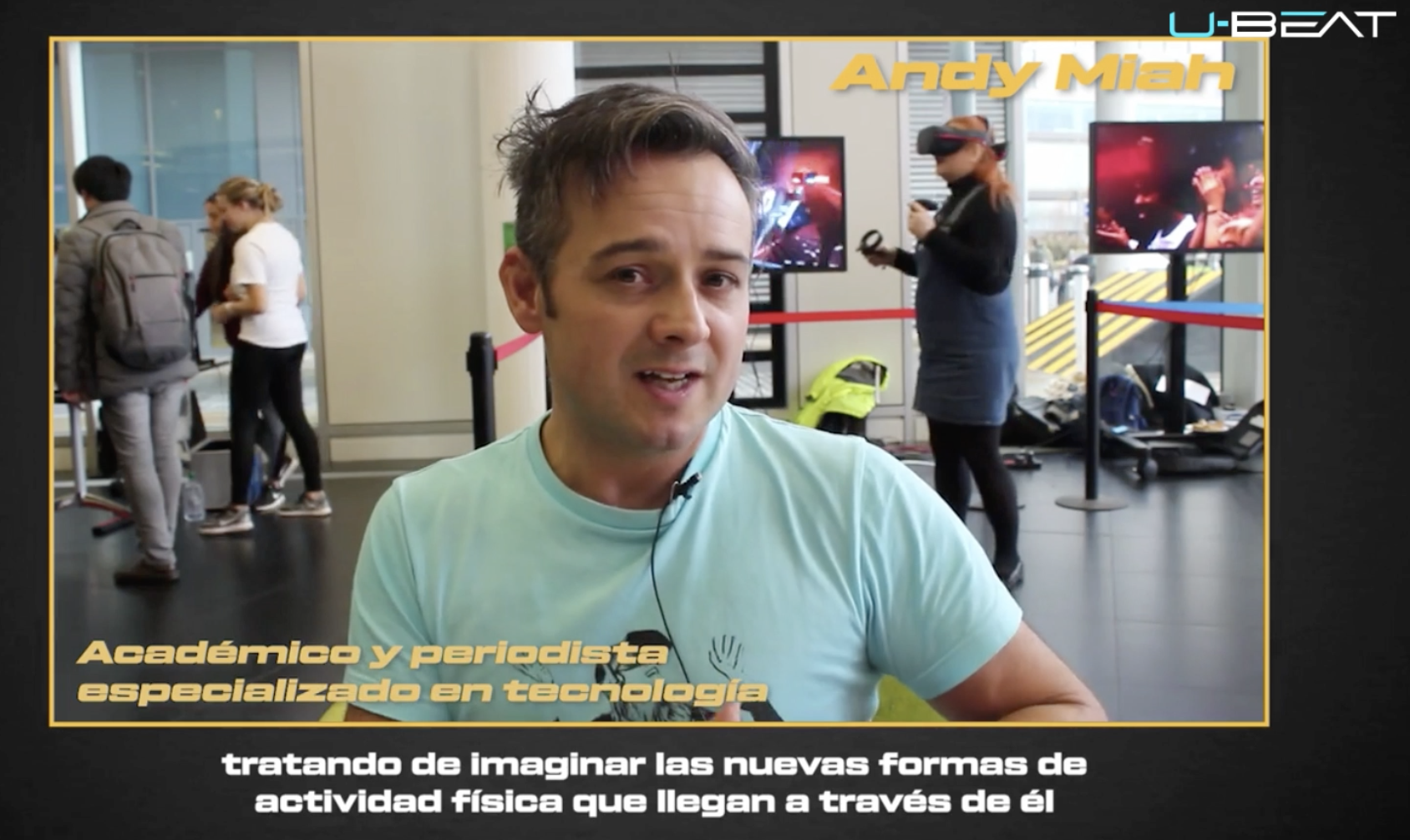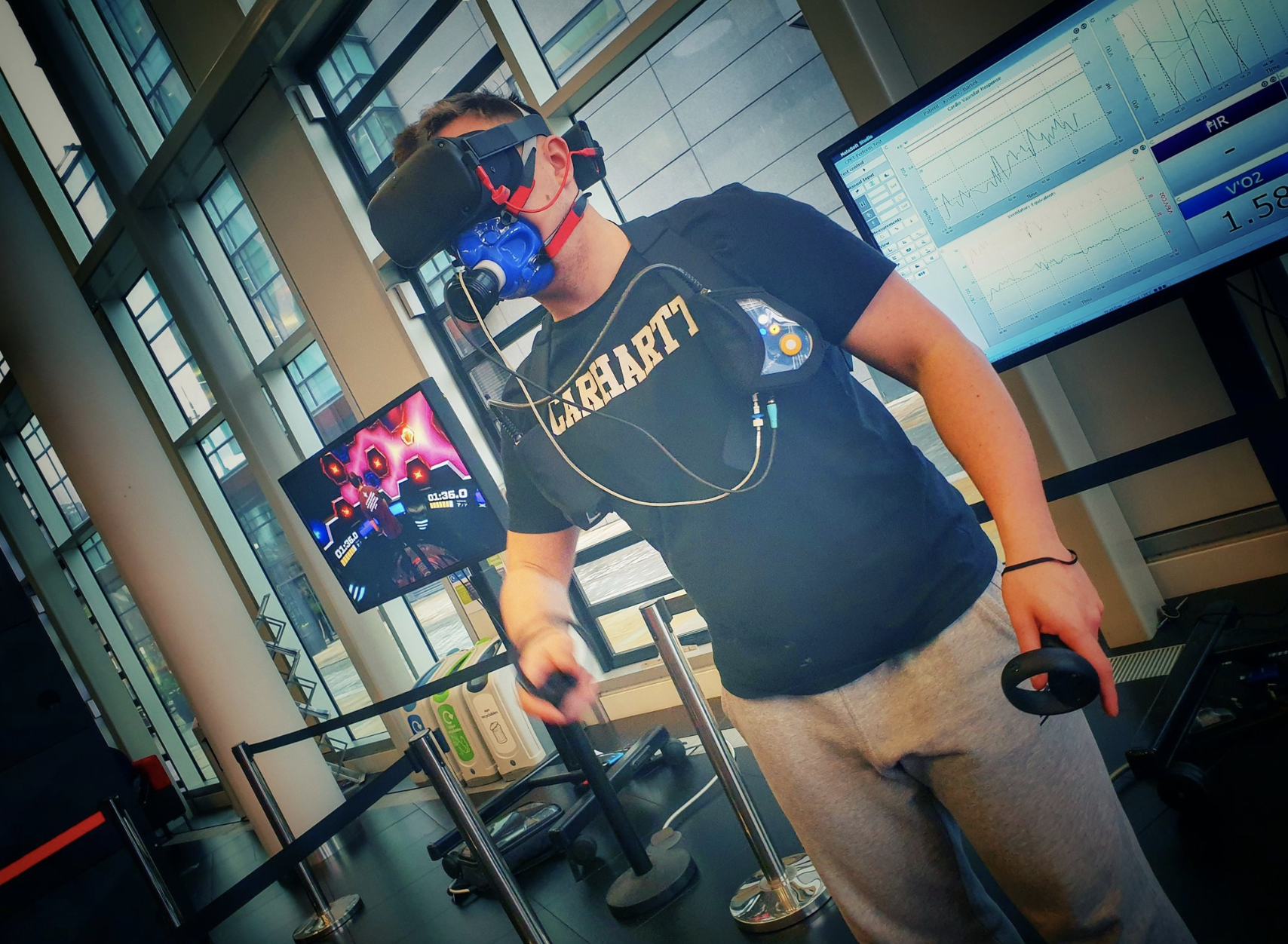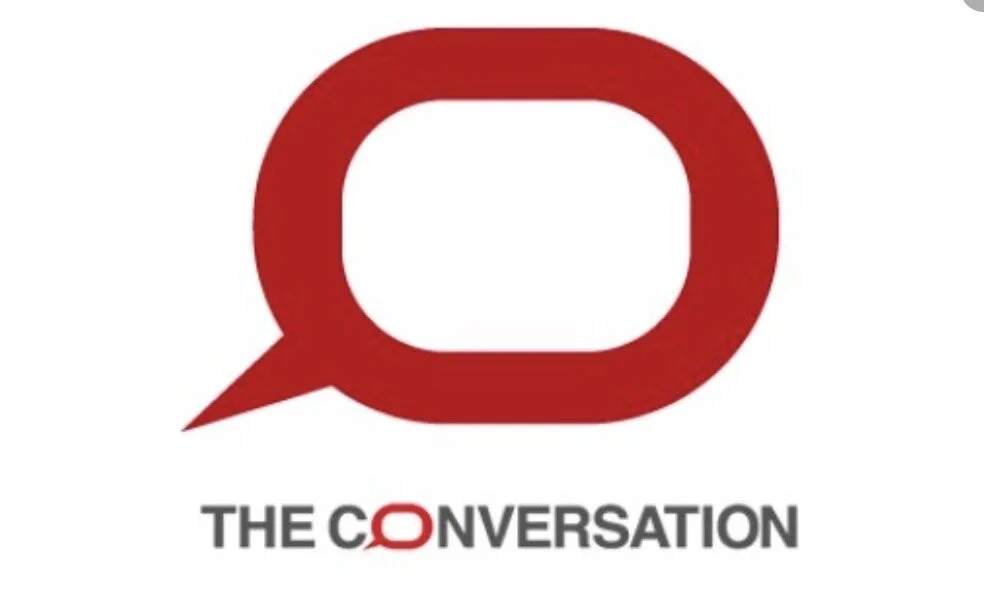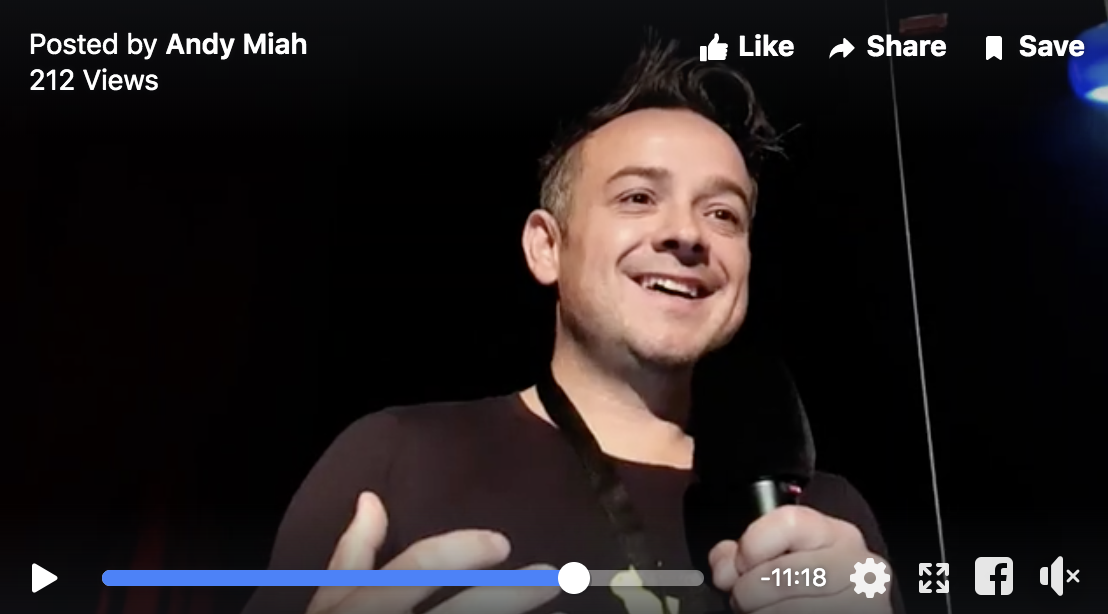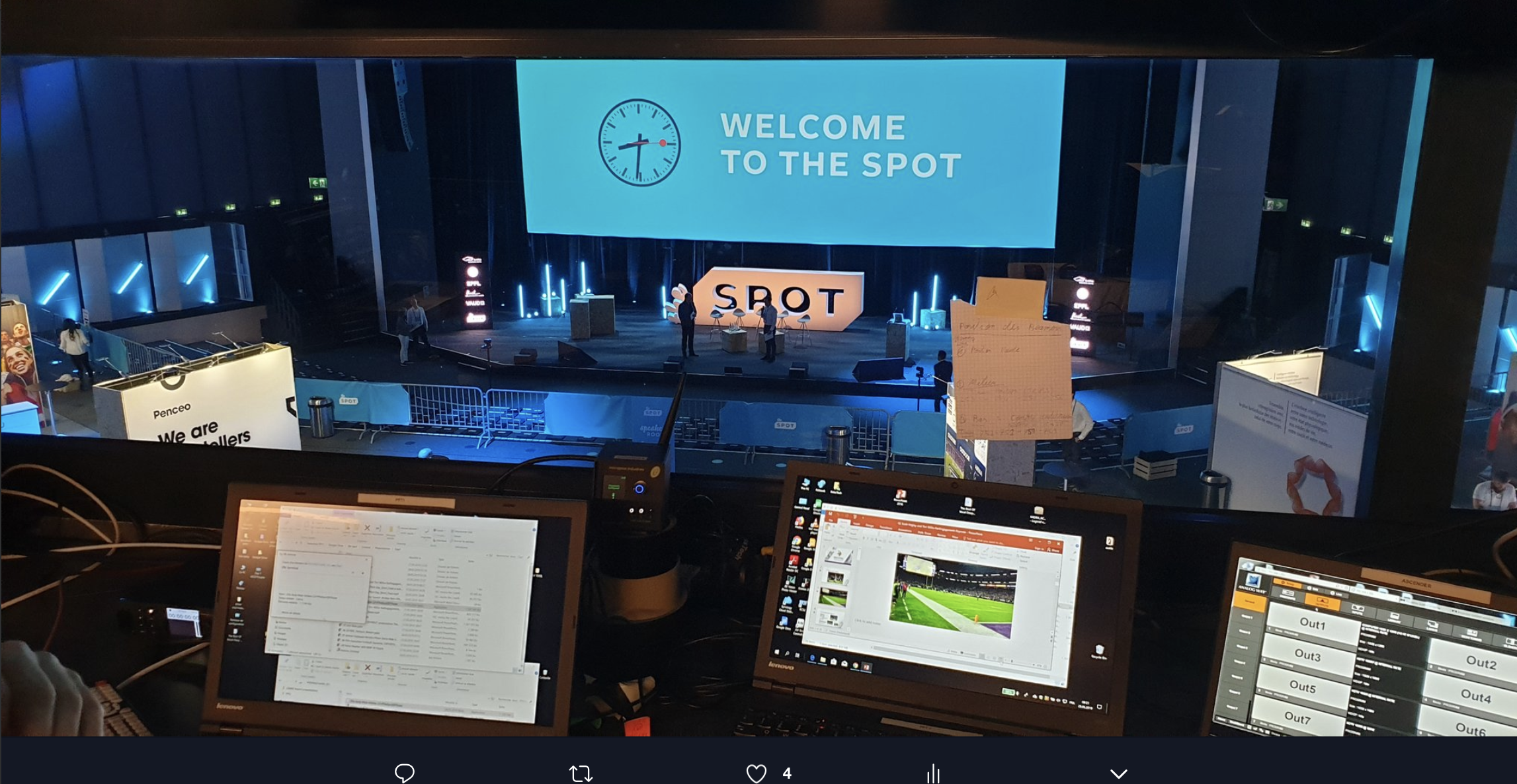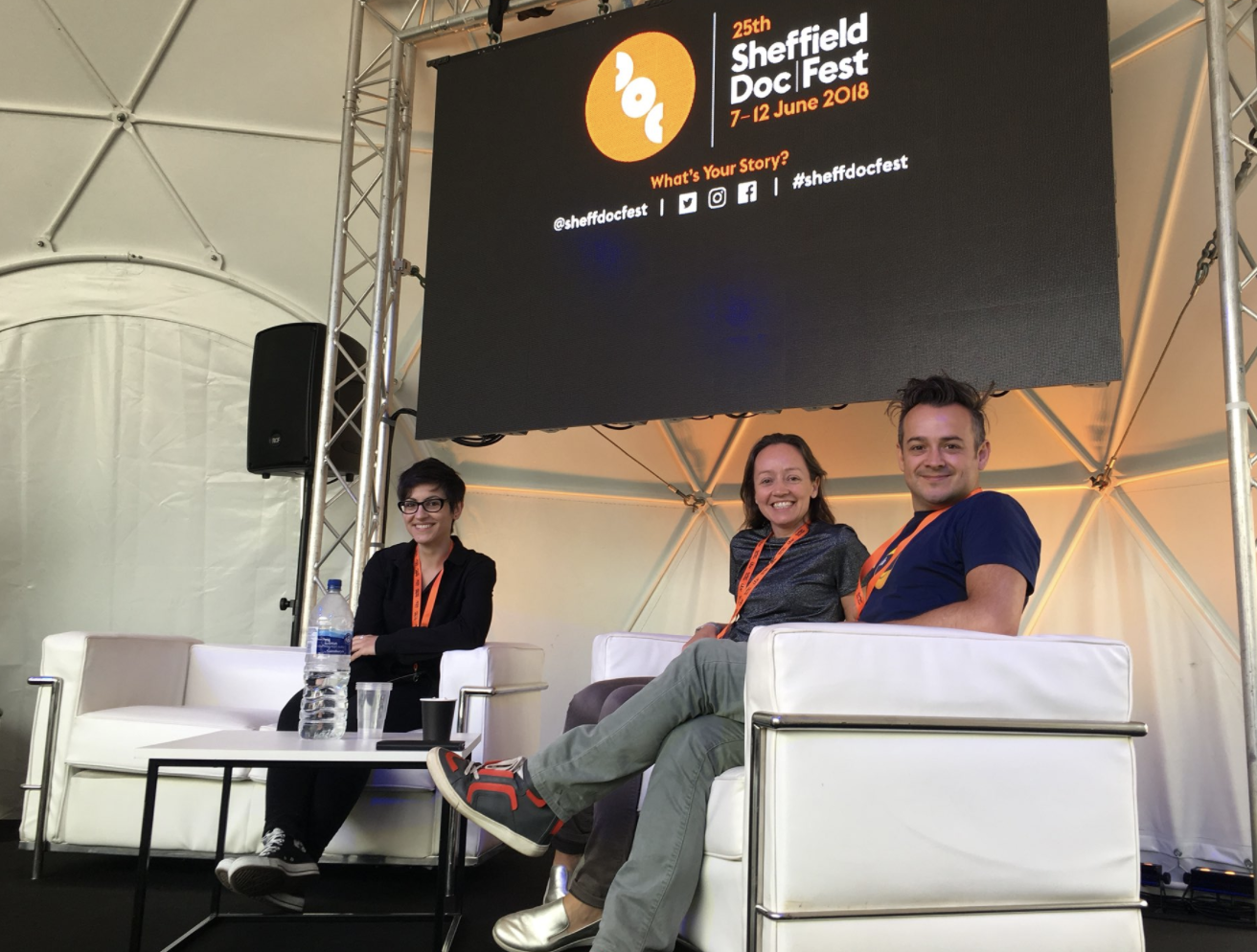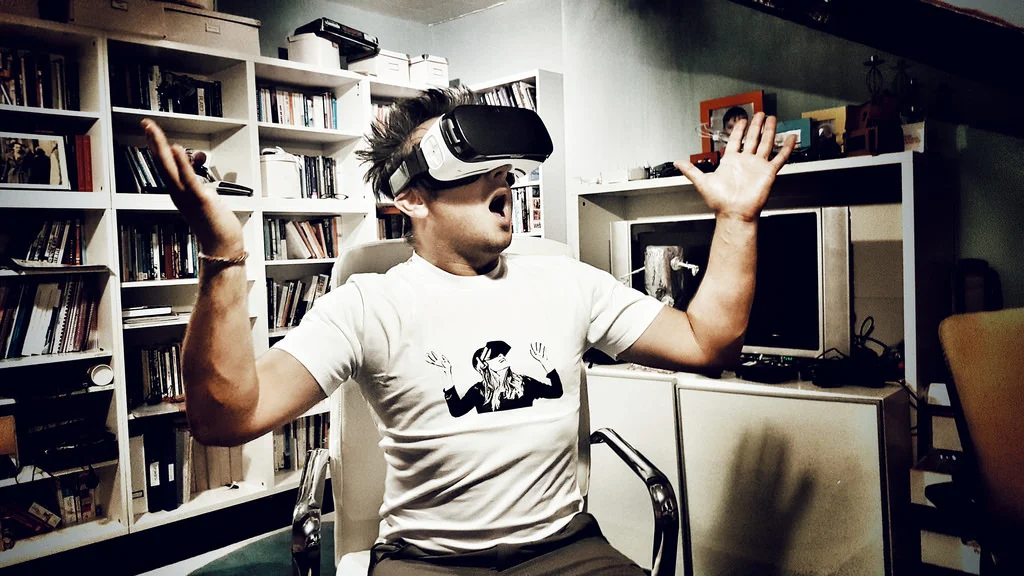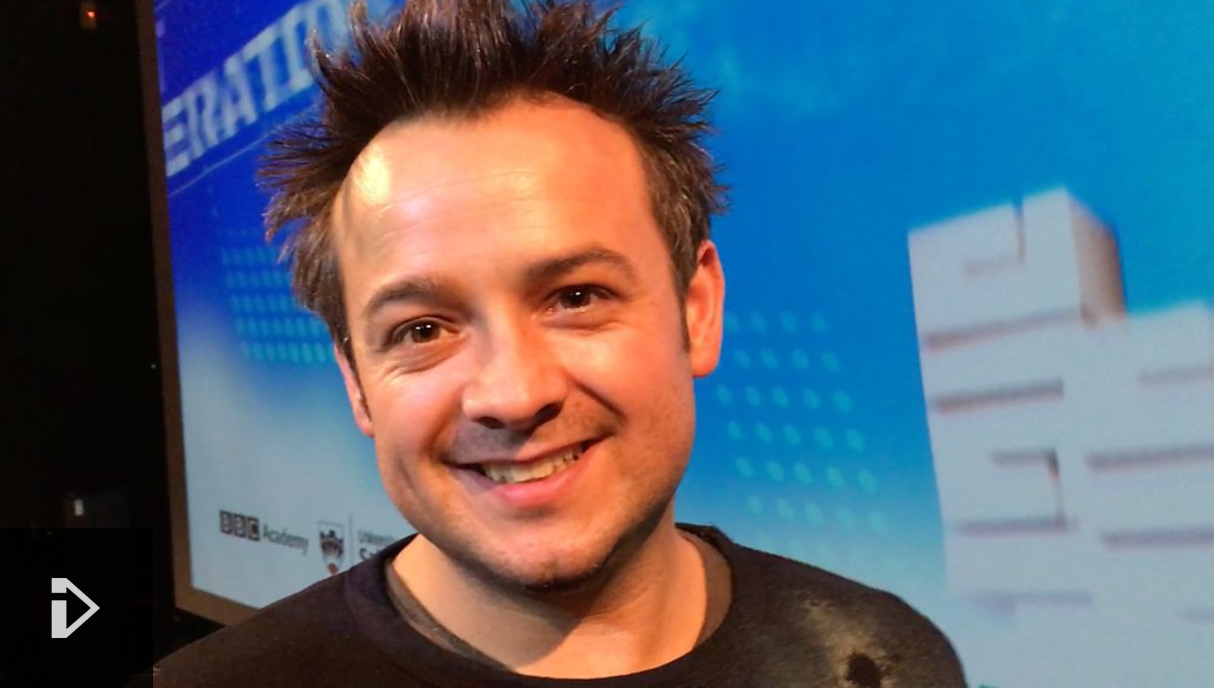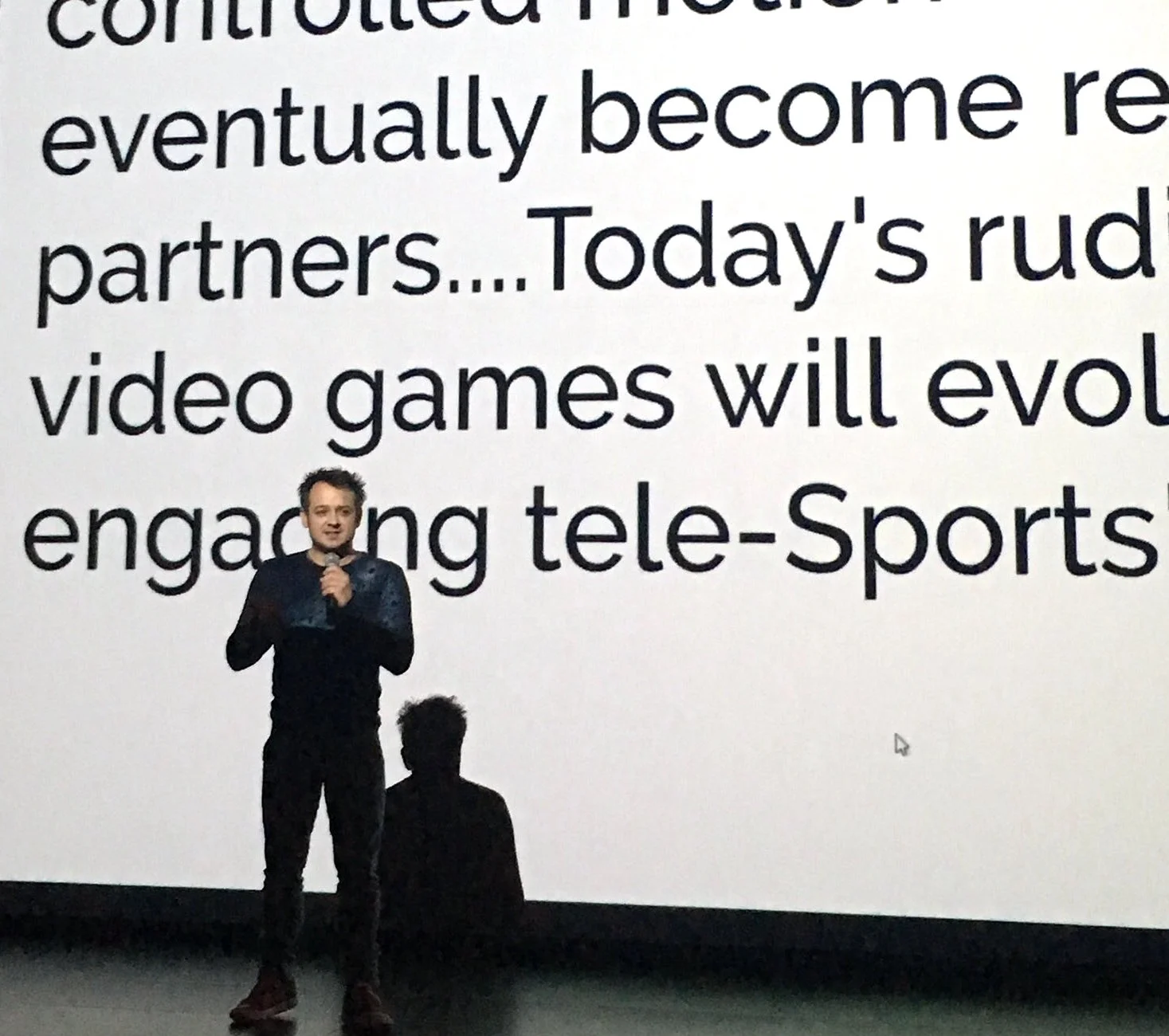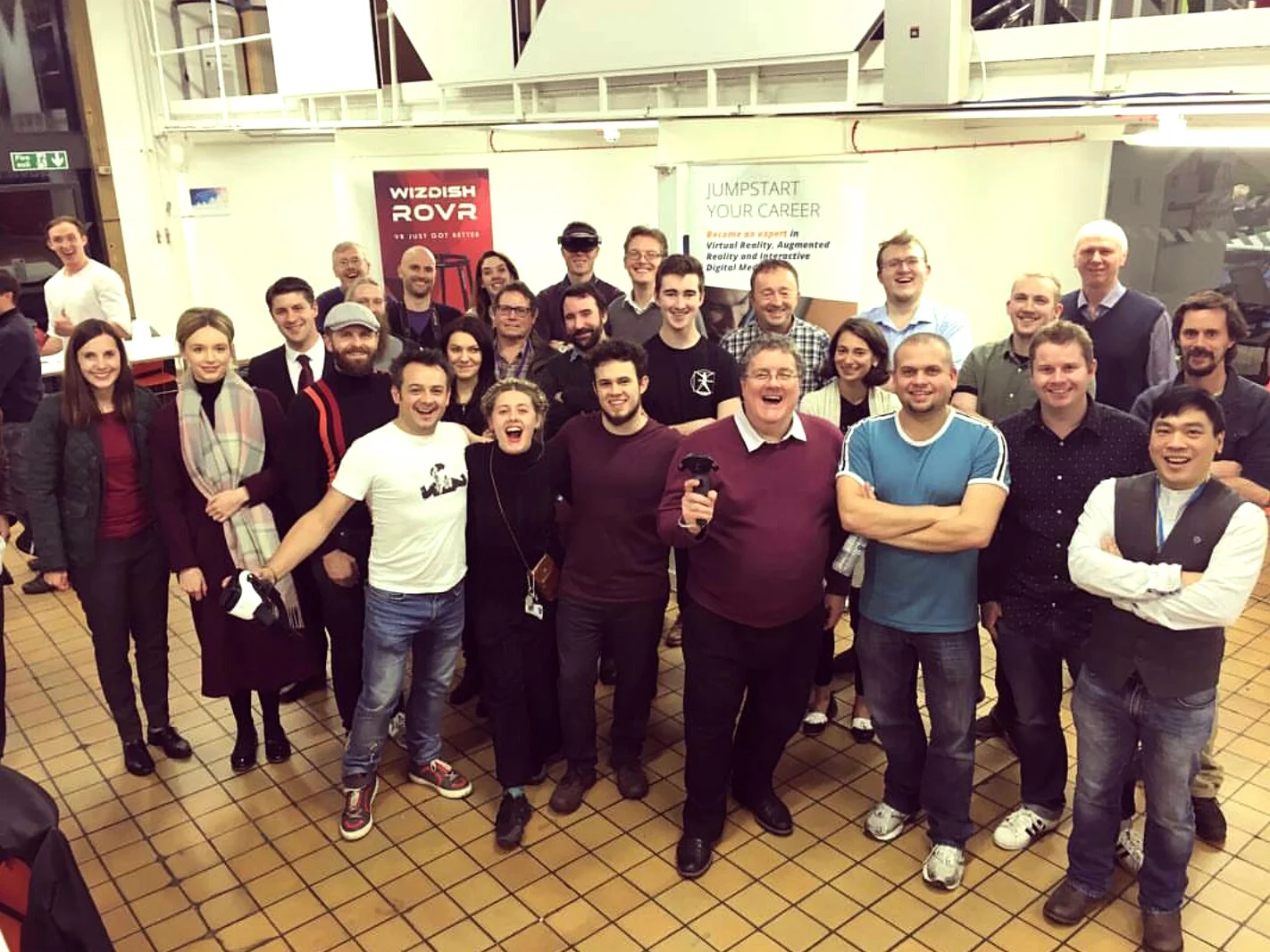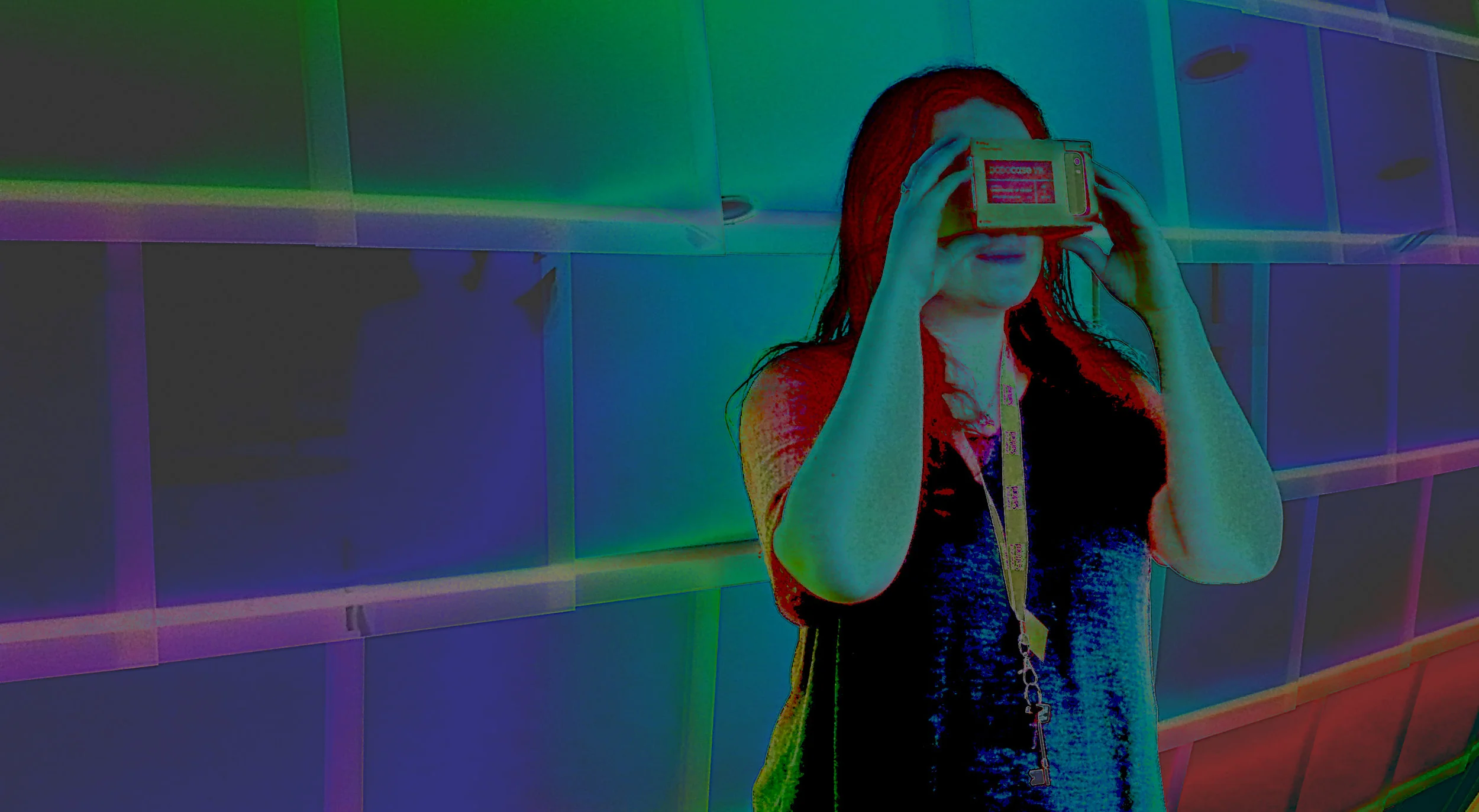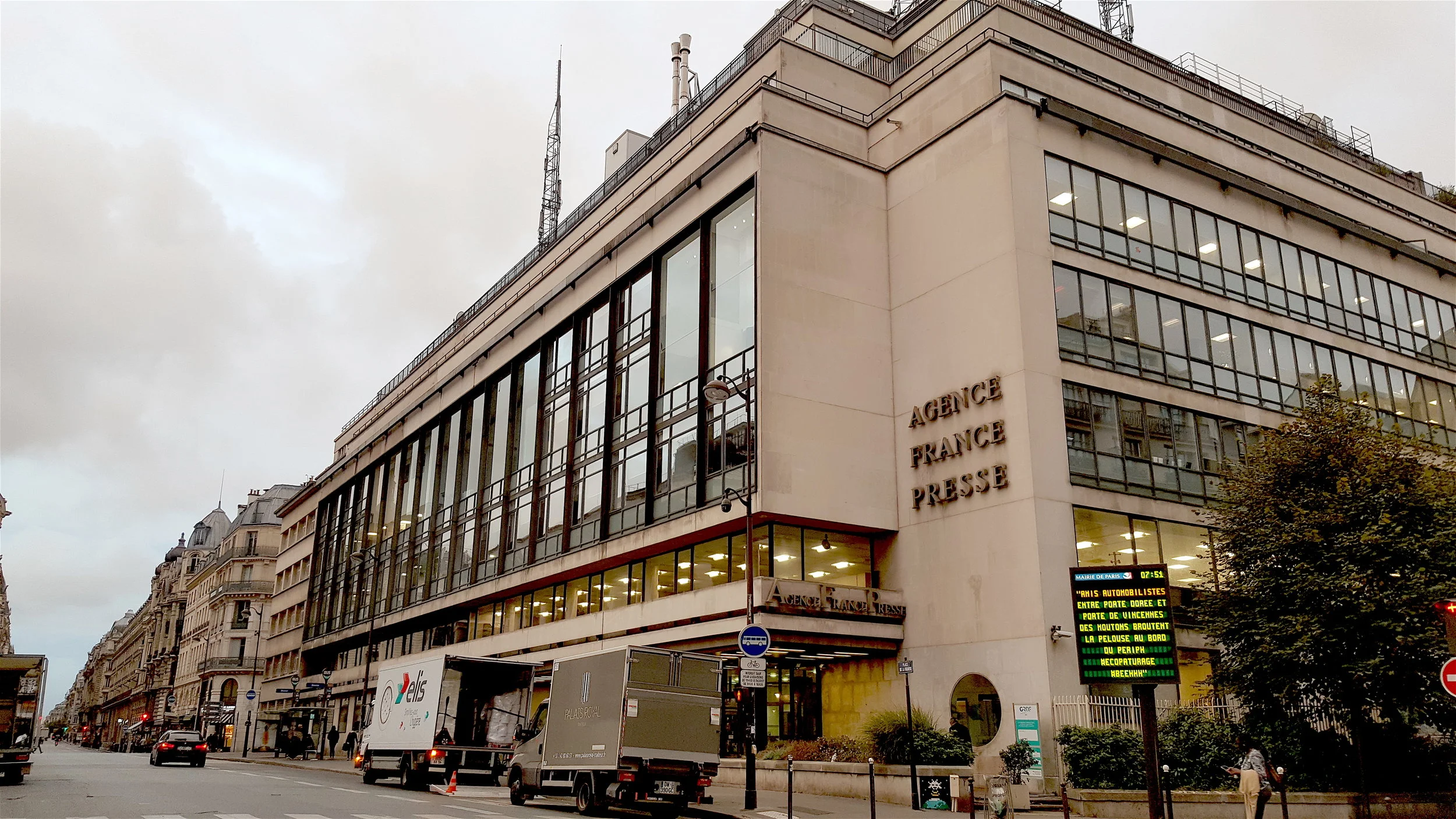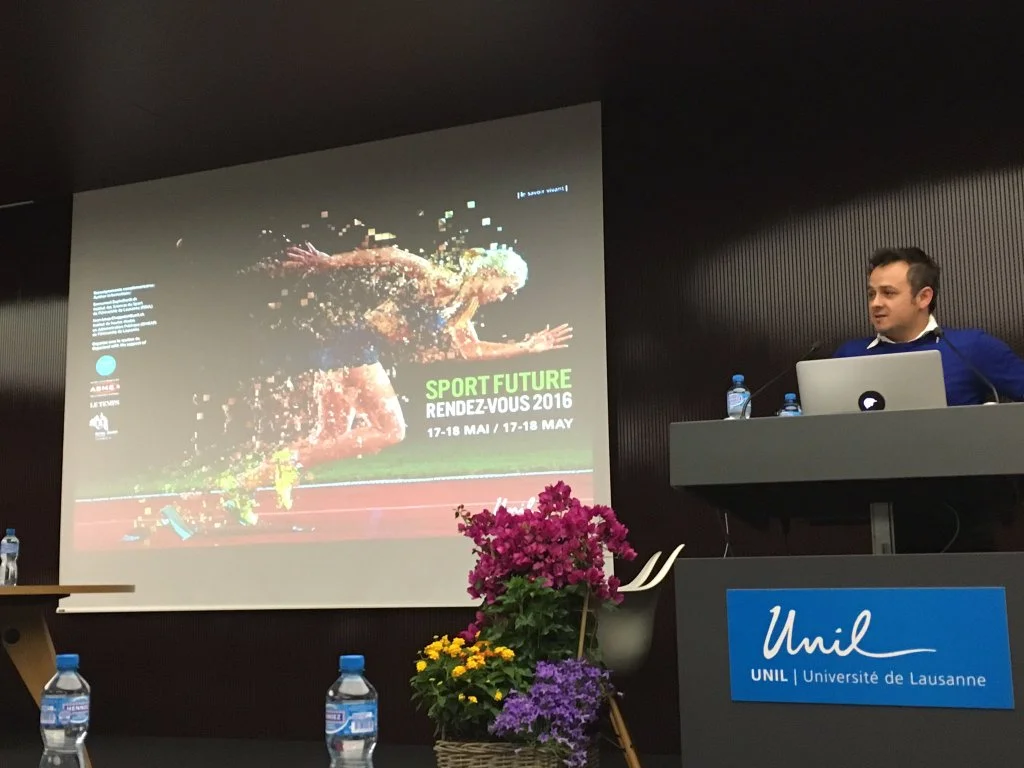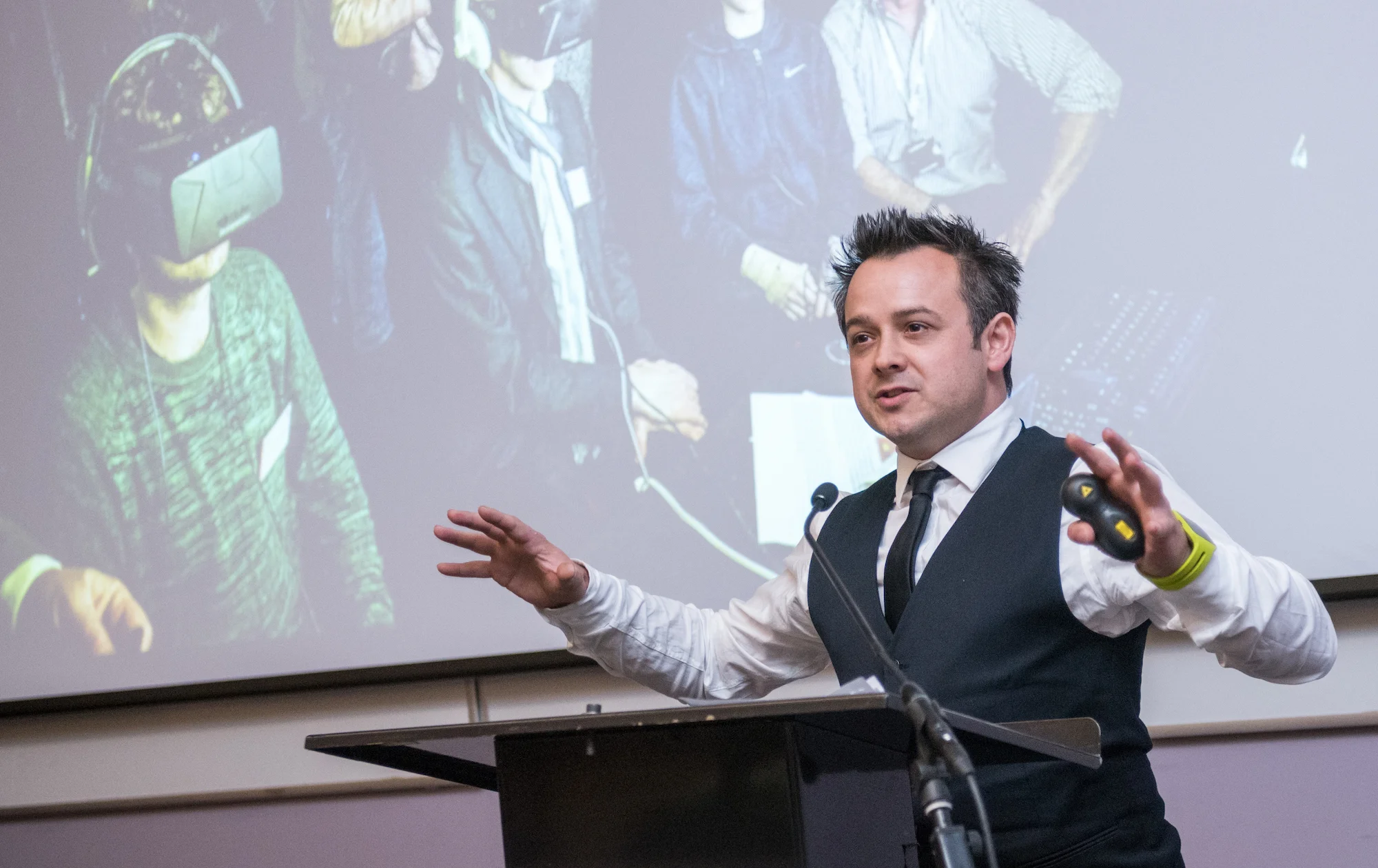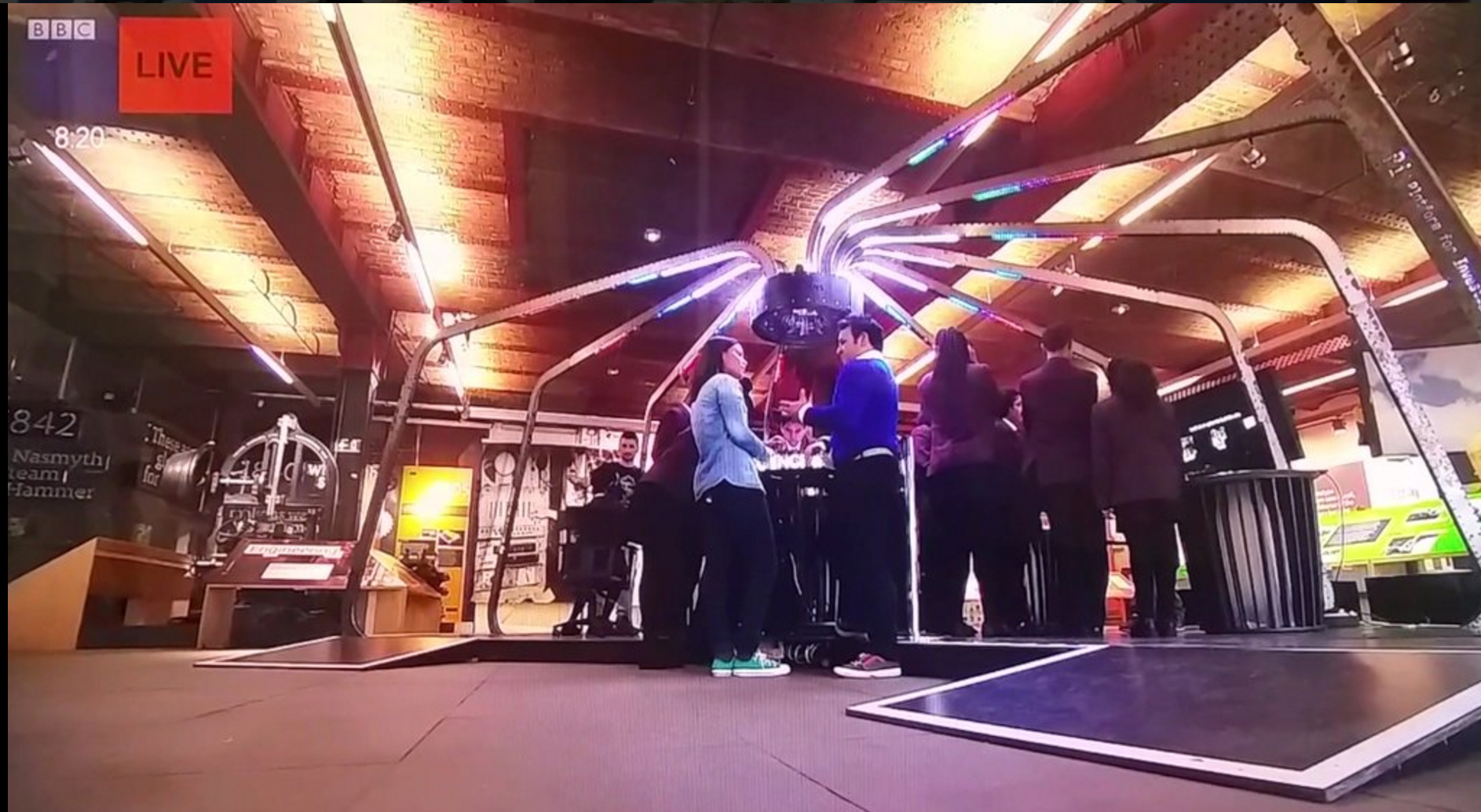I was delighted to be a part of this BBC radio programme, especially since my dear friend Dr Mahfoud Amara is also interviews.
Why is watching sport so important to us as a species? And what happens when that experience is taken away from us? Award-winning sports journalist and broadcaster Clare Balding explores why sport plays such a crucial role in shaping society, speaking to a field of global experts and elite sportspeople, including Martina Navratilova.
In 2020, the Covid-19 pandemic abruptly put a stop to virtually all sporting activity across the globe – and left vast numbers of people staring into an existential void. In sport’s absence, we’ve been hungrily reliving past contests, debating hypothetical scenarios, and doing everything we can to plug the hole in our lives. The crisis has shown how our relationship with sport dominates our lives and our media, our conversations and our leisure time. In this documentary, Clare Balding talks to figures from the worlds of anthropology, philosophy and human behaviour to try to figure out why experiencing sport is so meaningful to us, whether we’re in a crowd, or one of millions following on television and social media.
Her interviewees include the sociologists Akilah Carter-Francique, Mahfoud Amara and Ramachandra Guha; anthropologist Leila Zaki Chakravarty; and philosophers Heather Reid and Andy Martin – who unpick the myriad ways in which our love of sport is deeply embedded in human experience and history, and how our consumption of it has shaped modern society.
Cognitive neuroscientist Sophie Scott reveals what we know about what happens in our brains as we watch sport, whilst bioethicist and technology expert Andy Miah tells Clare how cutting-edge digital advances and the new world of eSports are changing the relationship between fan and sporting event forever.
An Overcoat Media Production for BBC World Service. Produced by Steven Rajam Photo: Liverpool fans at Anfield, Credit: Tembele Bohle, Pexels
